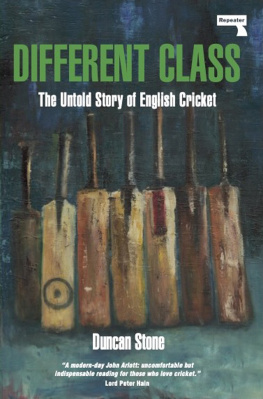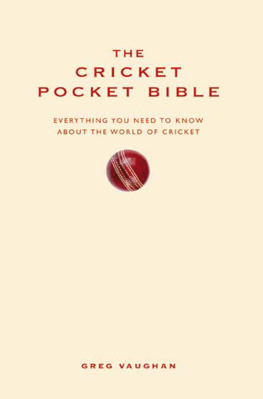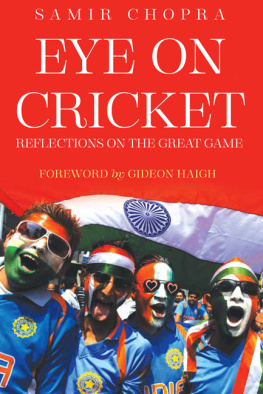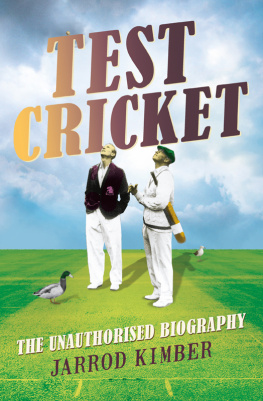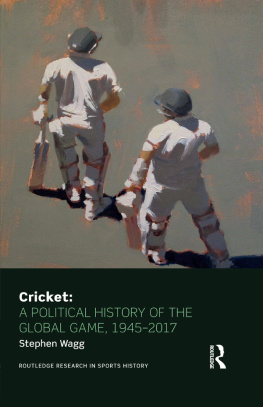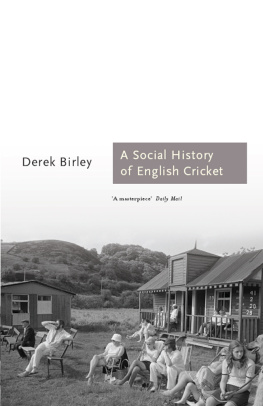


Published by Repeater Books
An imprint of Watkins Media Ltd
Unit 11 Shepperton House
89-93 Shepperton Road
London
N1 3DF
United Kingdom
www.repeaterbooks.com
A Repeater Books paperback original 2022
Distributed in the United States by Random House, Inc., New York.
Copyright Duncan Stone 2022
Duncan Stone asserts the moral right to be identified as the author of this work.
ISBN: 9781913462802
Ebook ISBN: 9781913462819
All rights reserved. No part of this publication may be reproduced, stored in a retrieval system, or transmitted, in any form or by any means, electronic, mechanical, photocopying, recording or otherwise, without the prior permission of the publishers.
This book is sold subject to the condition that it shall not, by way of trade or otherwise, be lent, resold, hired out or otherwise circulated without the publishers prior consent in any form of binding or cover other than that in which it is published and without a similar condition including this condition being imposed on the subsequent purchaser.

Printed and bound in the UK by TJ Books
A wonderfully researched book in the great traditions of British iconoclastic writing, Different Class punctures many cherished myths about the game and is a book all cricket lovers should read to learn where the game has come from and what is still wrong with it.
M IHIR B OSE , AUTHOR OF T HE N INE W AVES : T HE E XTRAORDINARY S TORY OF I NDIAN C RICKET
Underneath crickets polished veneer of gentlemanly etiquette and fair play, the game has always been a seething cauldron of class conflict, racial hierarchy and male chauvinism. In this fascinating journey through history, Duncan Stone goes back to the working-class roots of the game, lifts the lid on the myths that cricket lives by and explains why its impossible not to love it.
T ONY C OLLINS , AUTHOR OF R UGBY S G REAT S PLIT : C LASS , C ULTURE AND THE O RIGINS OF R UGBY L EAGUE F OOTBALL
Different Class is in that special category of books not just lucid and cogent but necessary and invaluable.
G IDEON H AIGH , AUTHOR OF T HE C RICKET W AR : T HE I NSIDE S TORY OF K ERRY P ACKER S W ORLD S ERIES C RICKET
A modern-day John Arlott: uncomfortable but indispensable reading for those who love cricket but may so far have avoided Duncan Stones vital home truths about the game.
L ORD P ETER H AIN , FORMER C HAIRMAN OF THE S TOP THE 70 T OUR C AMPAIGN
A warm, accessible but thorough-going account of how cricket and class are intertwined in England. Full of personal wit and charm but also rigour and drive.
S TUART M ACONIE , AUTHOR OF L ONG R OAD FROM J ARROW : A J OURNEY T HROUGH B RITAIN T HEN AND N OW
At a time when the ECB seems intent on killing Test cricket, by commodifying it in search of quick profits, this book is a gentle reminder of the true ethos and variable pace of the game, etched in the memories of all who have played it at village or club level.
G UY S TANDING , AUTHOR OF T HE P RECARIAT : T HE N EW D ANGEROUS C LASS
In reference to the cricket clubs not being what it might be The first thing to be avoided, is, the slightest appearance of patronage (one of the curses of England). The second thing to be avoided, is, the deprival of the men of their just right to manage their own affairs. I would rather have no club at all, than have either of these great mistakes made.
Charles Dickens writing of Higham CC, Kent in letter to his son Harry, 1868
Even to beat the Australians we are not prepared to sacrifice the spirit and rivalry of our village, club and county grounds. For the spirit is as much cricket to us as the finest strokes in the game.
The Kent County Cricket Club Year Book of 1949
Contents
Foreword
Attending the International Cricket Councils (ICC) Centenary Conference at St Anthonys College, Oxford in 2009, I found myself rubbing shoulders with a number of crickets greatest names. As an anonymous supporter, and distinctly average player, the idea that I would be mixing with Sir Clive Lloyd, Bishan Singh Bedi, Bob Willis and the delightful Tony Lewis, co-originator of the Duckworth-Lewis method, would have been implausible only a year previously. But, having started a PhD in history at the University of Huddersfields Cricket Research Centre, I now found myself invited to participate in several events that also included a preliminary meeting of the Marylebone Cricket Clubs (MCC) Taking the Field project at Lords Cricket Ground.
If the links between the ICC and the history of recreational cricket in Surrey appear far-fetched, each of these events, in their own way, confirmed the importance of my research. The class and cultural conflicts that shaped recreational cricket in England for much of the twentieth century were glaringly obvious in Oxford, where a disproportionate number of ex-public schoolboys cheerily referred to each other as Wiggers (or suchlike) while breezing about the place as if they owned it. This propriety went for the game itself, and many of the academics and journalists present winced at disingenuous claims that the ICC, as mere custodians of the game, were acting in the games best interests.
Like those who assumed control over the recreational game in the South-East of England for much of the previous century, the legitimacy of the ICC to dictate what is good for the game is eminently questionable. But this inability to be reflexive was also evident at Lords, where the MCC and an academic partner sought Heritage Lottery funding for an oral history project that would reinforce, rather than challenge, English crickets regional stereotypes.
In short, cricket in England is so mired in its own mythology that those in control cannot see, or wish to consider, any alternative to the games orthodox history. Regrettably, much the same may be said of certain academics, who are either equally ignorant of the games historical nuances or, more concerningly, seem prepared to sacrifice their critical faculties in order to ingratiate themselves with organisations like the MCC, the England and Wales Cricket Board (ECB) or the ICC in their eternal quest for research funding. Free from such concerns, this book visits territory previously dismissed by the games chroniclers and, in doing so, demonstrates how the recreational cricket grounds of England have been key battlegrounds in the class and cultural conflicts that have shaped English society since the Industrial Revolution.
Cricket was, and remains, a political act. For many of the middle and upper classes, cricket (and other sports) provided a forum for the development and expression of an elitist culture, known as amateurism, that either subjugated, diminished or excluded the working class as participants or spectators. While their success in this endeavour is reflected in English crickets reputation as a posh sport, the overwhelming majority of cricketers were working men (and very often women) who played the game according to an egalitarian, rather than elitist, culture. As such, they did not despite everyday realities and incessant accusations from the cricketing establishment view or experience cricket in political terms. Indeed, it is ironic that many working-class organisations strove to free sport and recreation from any political entanglements when their very ability to play, and on whose terms, was invariably shaped by those in power.
Next page
